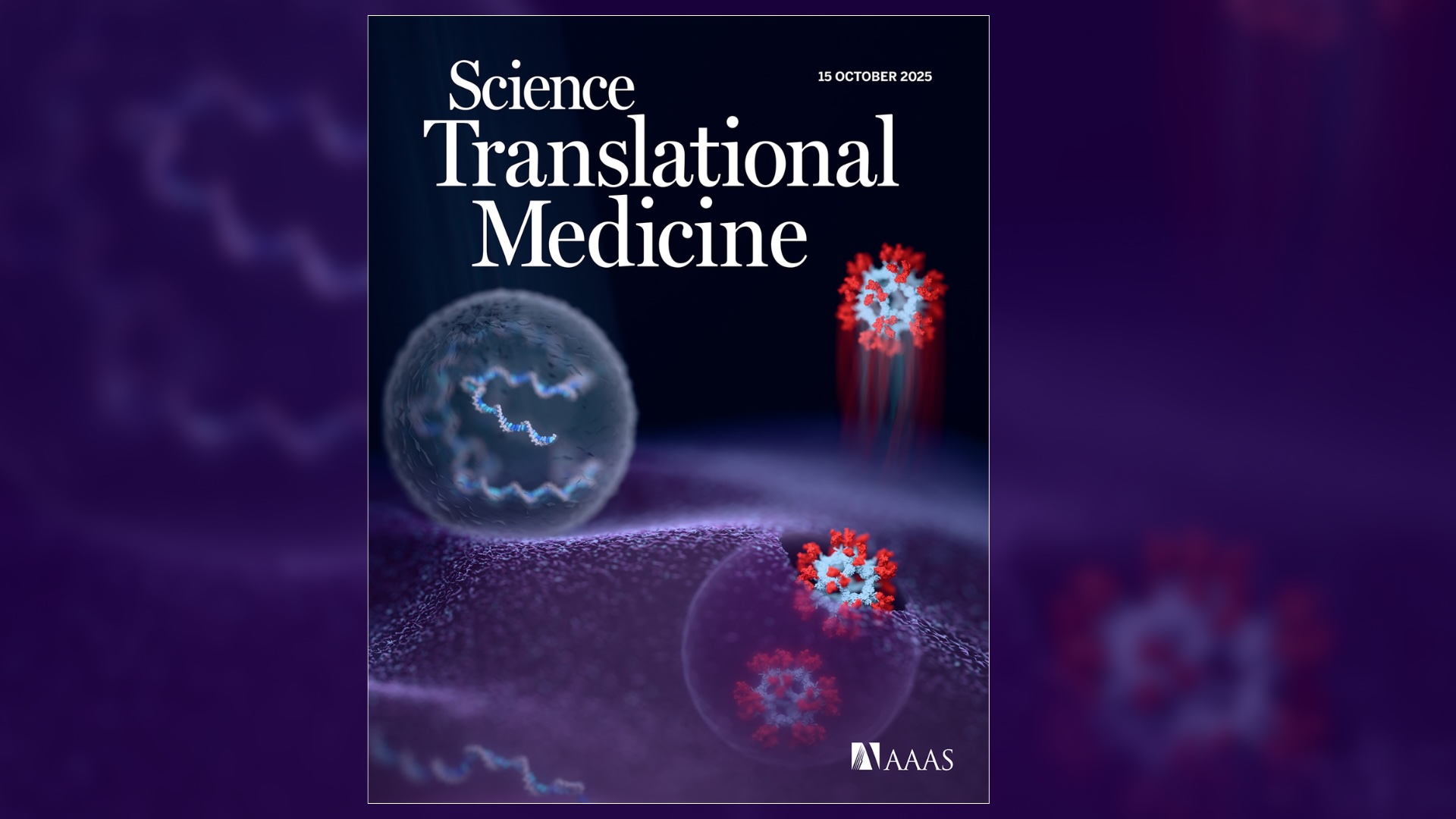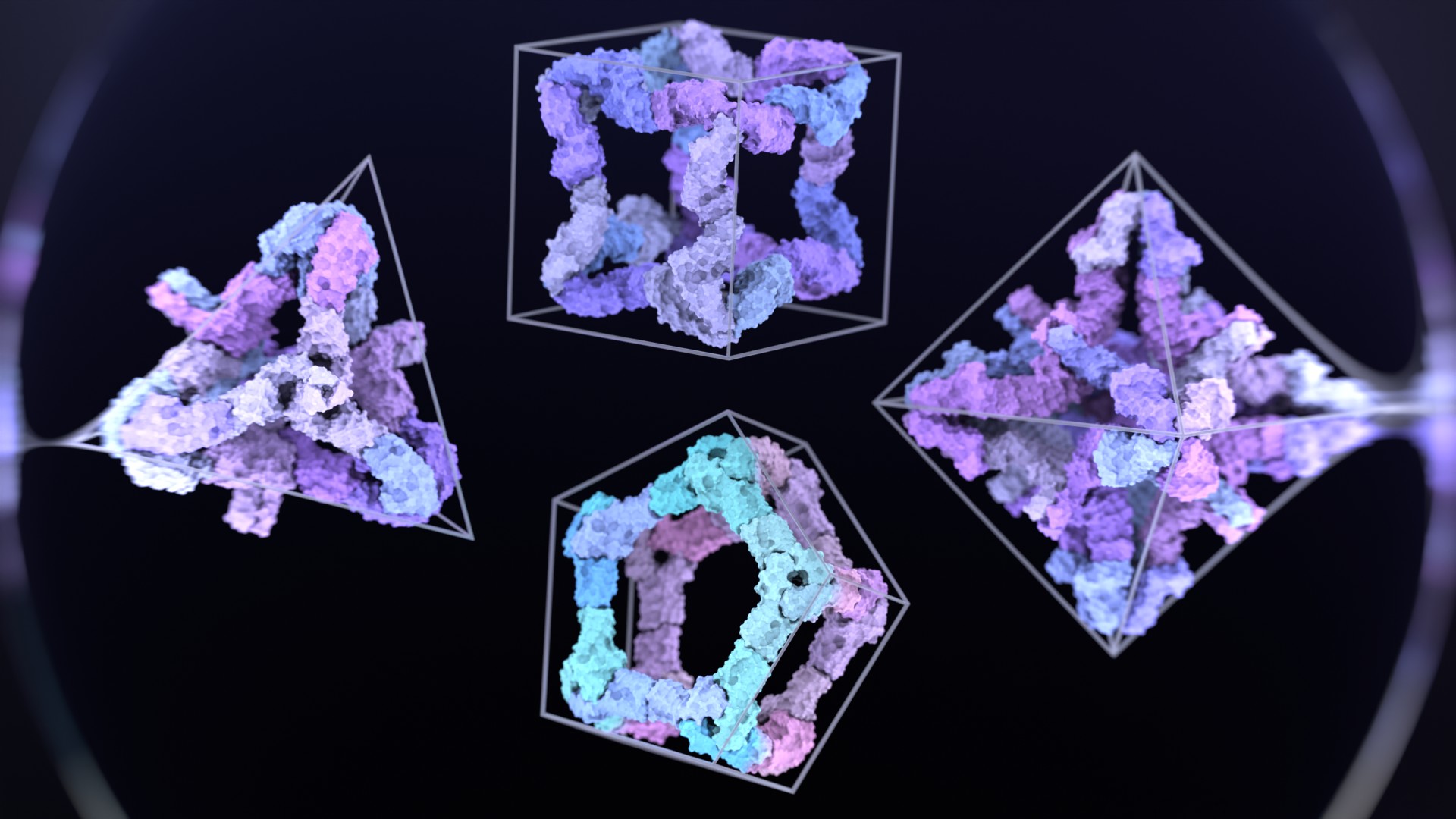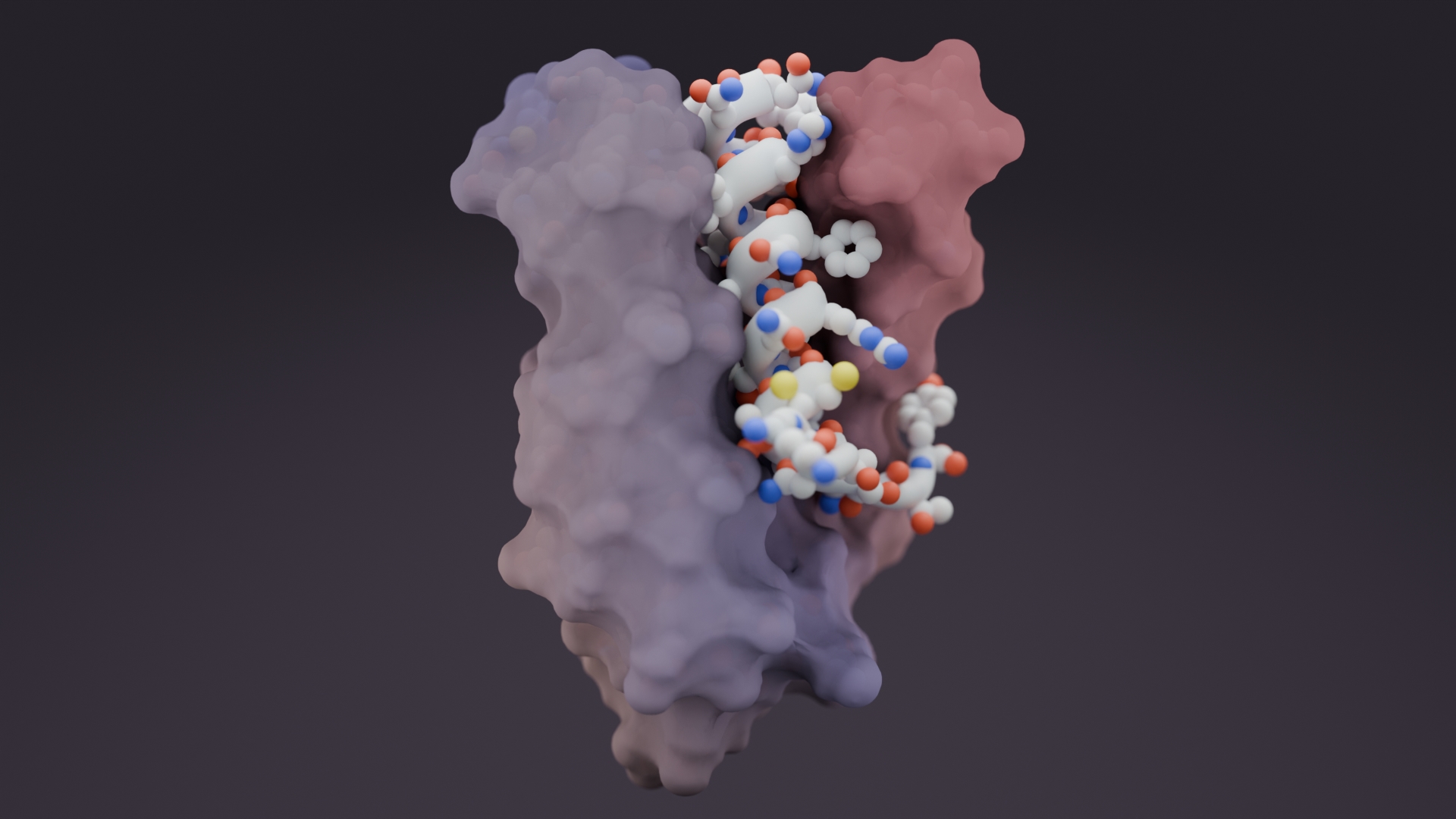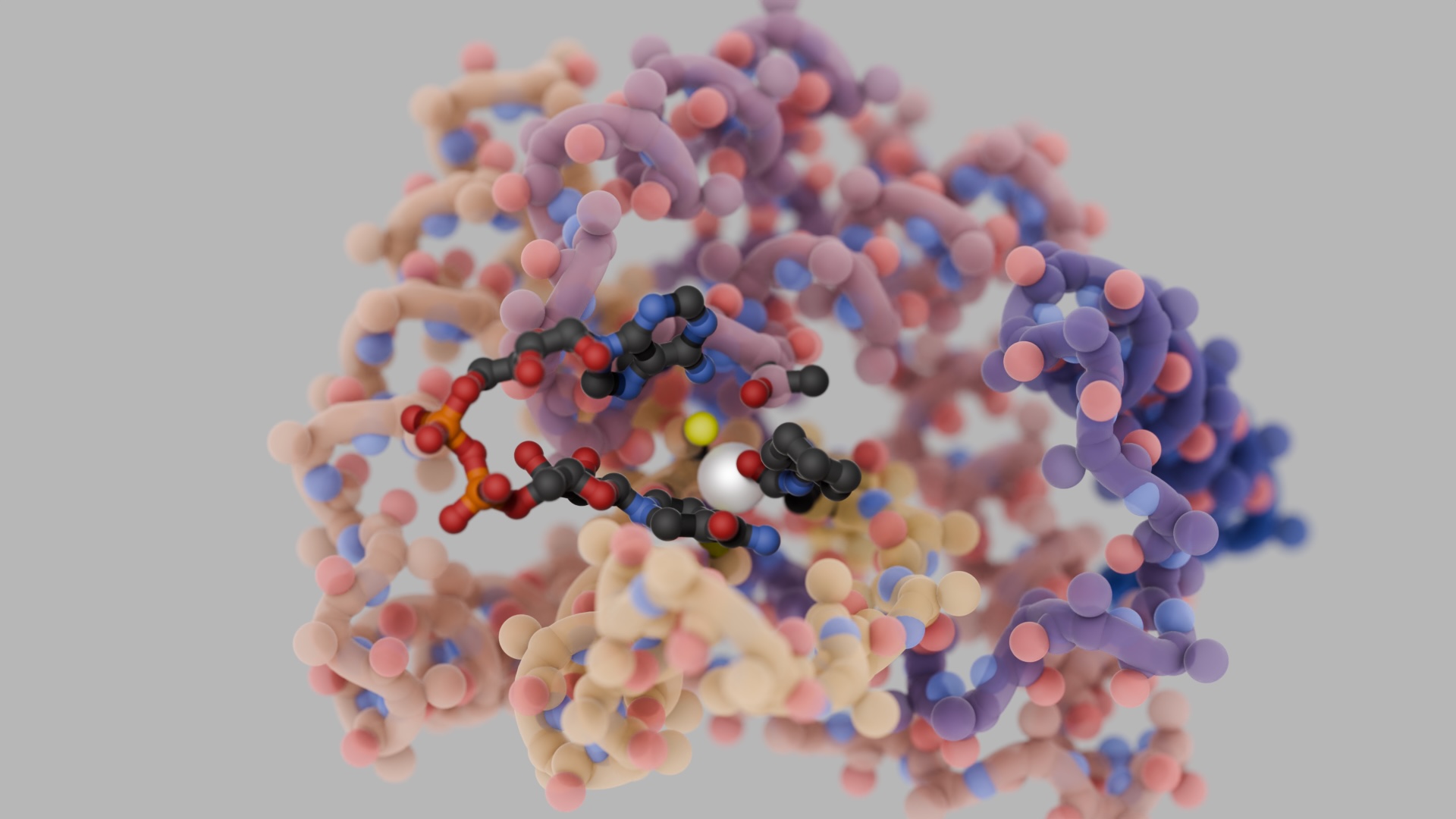The Washington Entrepreneurial Research Evaluation and Commercialization Hub (WE-REACH) is pleased to announce a product concept award for Dr. Anindya Roy and his team at the UW Medicine Institute for Protein Design, including Drs. Jake Kraft and Hua Bai. They are developing a novel binder protein in an aerosolized delivery system to treat idiopathic pulmonary fibrosis (IPF). IPF is a chronic respiratory disease with no cure that produces scarring in lungs leading to breathlessness, fatigue, and heart failure. The search for an effective IPF treatment is a top NIH priority.
WE-REACH’s support will enable Roy and his team to produce a stable nebulized inhalable product amenable for human administration that will neutralize a key mediator called αvβ6. Early toxicology studies in larger rodents will provide safety information necessary for regulatory filing. Roy’s team is combining WE-REACH’s funding with support from the Washington Research Foundation (WRF) to test the safety and efficacy of the protein binder in an aerosolized dosage form. The team plans to leverage this support to spin out from the University of Washington and commercialize their product so that they can improve the lives of those suffering from IPF.
“We are pleased to journey with this team of scientists to translate technical innovations in protein binder design into a viable product concept for IPF,” said Dr. Rodney Ho, executive director of WE-REACH. “Beyond funding, we believe that it is critical to provide the mentorship and strategy that keeps teams moving forward.”
“IPF is a debilitating disease with no cure,” said Roy. “It affects mainly older populations (>65 years old). A fraction of patients suffering from ARDS (Acute Respiratory Distress Syndrome) from ongoing COVID-19 are also expected to develop IPF-like conditions, which was the case after the last SARS outbreak. We are using state-of-the-art protein design technology to develop an inhaled therapeutic to address this unmet need. Using the help from WE-REACH funding, we will be able to advance this molecule one step closer toward clinical investigation.”
This project received invaluable input from experts at the NIH, Food and Drug Administration, the Centers for Medicare & Medicaid Services, third-party payers, and the United States Patent and Trademark Office, as well as an entrepreneurial committee of local experts in the Seattle area.
The next round of WE-REACH projects will begin in Fall 2022.
###
WE-REACH is an NIH-designated entrepreneurial product innovation hub for the Pacific Northwest. WE-REACH is supported by public-private partnerships accelerating the transformation of biomedical discoveries into innovative products intended to improve patient care, access, and health. Learn more at https://www.washington.edu/we-reach/.
Partners and contributors to WE-REACH include:
In addition to providing funding, CoMotion helps with sourcing, selecting, and ongoing guidance of the projects teams. CoMotion partners with the UW community on their innovation journey, providing tools, connections, and acumen to transform ideas into economic and societal impact. Learn more at https://comotion.uw.edu/.
The Institute of Translational Health Sciences (ITHS) is dedicated to speeding scientific discovery to clinical practice for the benefit of communities throughout Washington, Wyoming, Alaska, Montana, Idaho and beyond. ITHS promotes this mission by fostering innovative research, cultivating multi-disciplinary research partnerships, and ensuring a pipeline of next generation researchers through educational and career development programs. Learn more at iths.org.
The Institute for Protein Design at the University of Washington School of Medicine is creating a new world of synthetic proteins to address 21st-century challenges in medicine, energy, and technology. Learn more about our research at ipd.uw.edu.
WE-REACH is supported by NIH Grant 1 U01 HL152401-01.





